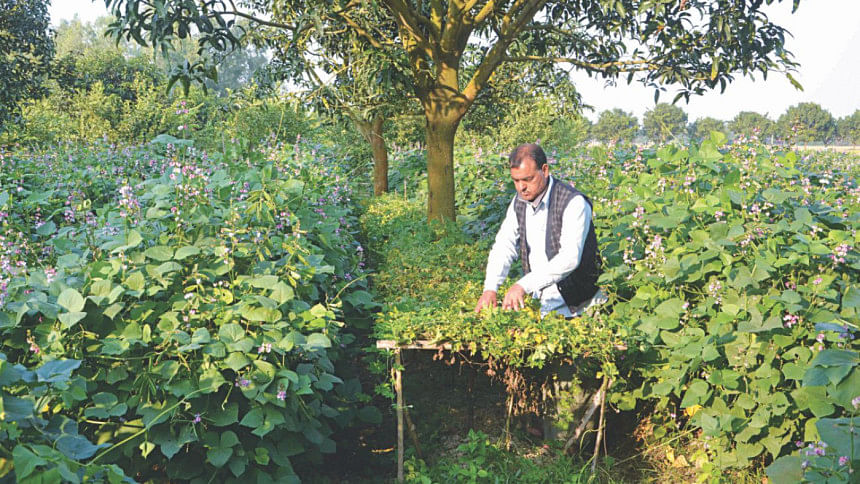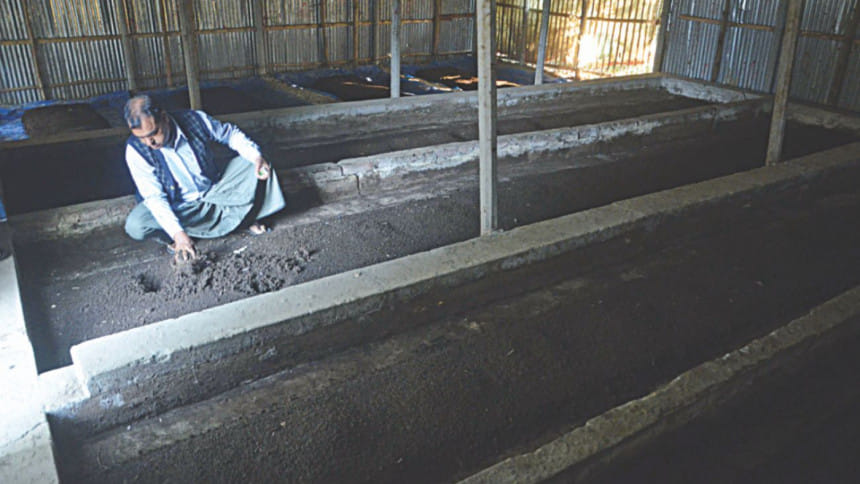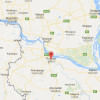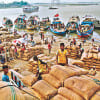Organic all the way

In a tiny tin shed in the Barind village of Bohora, Abdul Hamid scoops out a handful of stinky cattle dung from a bucket with his bare hands. He seems undeterred by the earthworms squirming in and out of the compost.
The 58-year-old has transformed the region's vegetable and fruit cultivation method into an organic one in the last three years.
“I hated touching this at first. Soon, it became my staircase to prosperity,” says Hamid, from Tanore upazila, 58km away from the city.
Vermicast is the end product of the breakdown of organic matter by earthworms. These castings contain reduced levels of contaminants and a higher saturation of nutrients.

“The earthworms eat the dung and their waste becomes the manure. Vermicompost is an excellent, nutrient-rich organic fertiliser and soil conditioner,” said Hamid.
The vermicast fetches money, makes the land fertile and ensures fair prices for the region's crops. “Why would I hate this?”
On average, he makes around Tk 15 lakh profit annually.
At least 70 people, most of them women, from his locality and neighbouring villages are now following his organic method. They even collect the earthworms and training from him to launch their own initiatives.
On average, Hamid produces 48 tonnes of fertiliser a year, which is 6.52 percent of the total production of the region covering four districts -- Rajshahi, Natore, Naogaon and Chapainawabganj.
According to the Department of Agricultural Extension, the region's annual production of 652 tonnes of fertiliser comes from 1,621 private and 1,265 commercial producers while a total of 9,340 farmers use the fertiliser.
“Vermicomposting is especially beneficial for the dry Barind land,” said SM Mustafizur Rahman, DAE additional director for the region.
The organic matter improves soil health and ensures that the dry land can retain more water, requiring less irrigation, he added.
“I was incurring losses in agriculture alone,” said Hamid, who is now solvent with commercial fertiliser production.
He often had to borrow money to continue cultivation. But he suffered a financial blow during political turmoil and road blocks in 2013-14 when he failed to sell off his crops worth Tk 12 lakh.
With the help of a relative, he collected 1 lakh earthworms from the Indian Malda district in 2015. Unaware of the proper methods, he was not able to produce quality vermicast.
He visited several successful vermicast farmers in 2016 to learn the tricks of the trade.
Witnessing a growing demand, he expanded his vermicompost farm in 2017, setting up a 735 square-feet tin shade next to his home.
The shed now has eight beds, similar to the seed beds of crop fields. Each of these beds carry millions of earthworms that are fed cattle dung to produce the fertiliser.
Hamid sells the fertiliser at Tk 60,000 a tonne. He sells the earthworms too.
He also uses the fertiliser in his own mango and guava orchards and in his pond as fish feed.
“With this new venture, I paid off all my debts within a year and a half,” Hamid told The Daily Star.
“At several local markets, the buyers' first choice is the produce from Hamid's land,” said Amreto Sarker, a development activist.
Three fruit vendors of Billi market have become financially solvent by selling guavas from Hamid's land, as buyers prefer organically produced fruit, added Amreto.

 For all latest news, follow The Daily Star's Google News channel.
For all latest news, follow The Daily Star's Google News channel. 








Comments